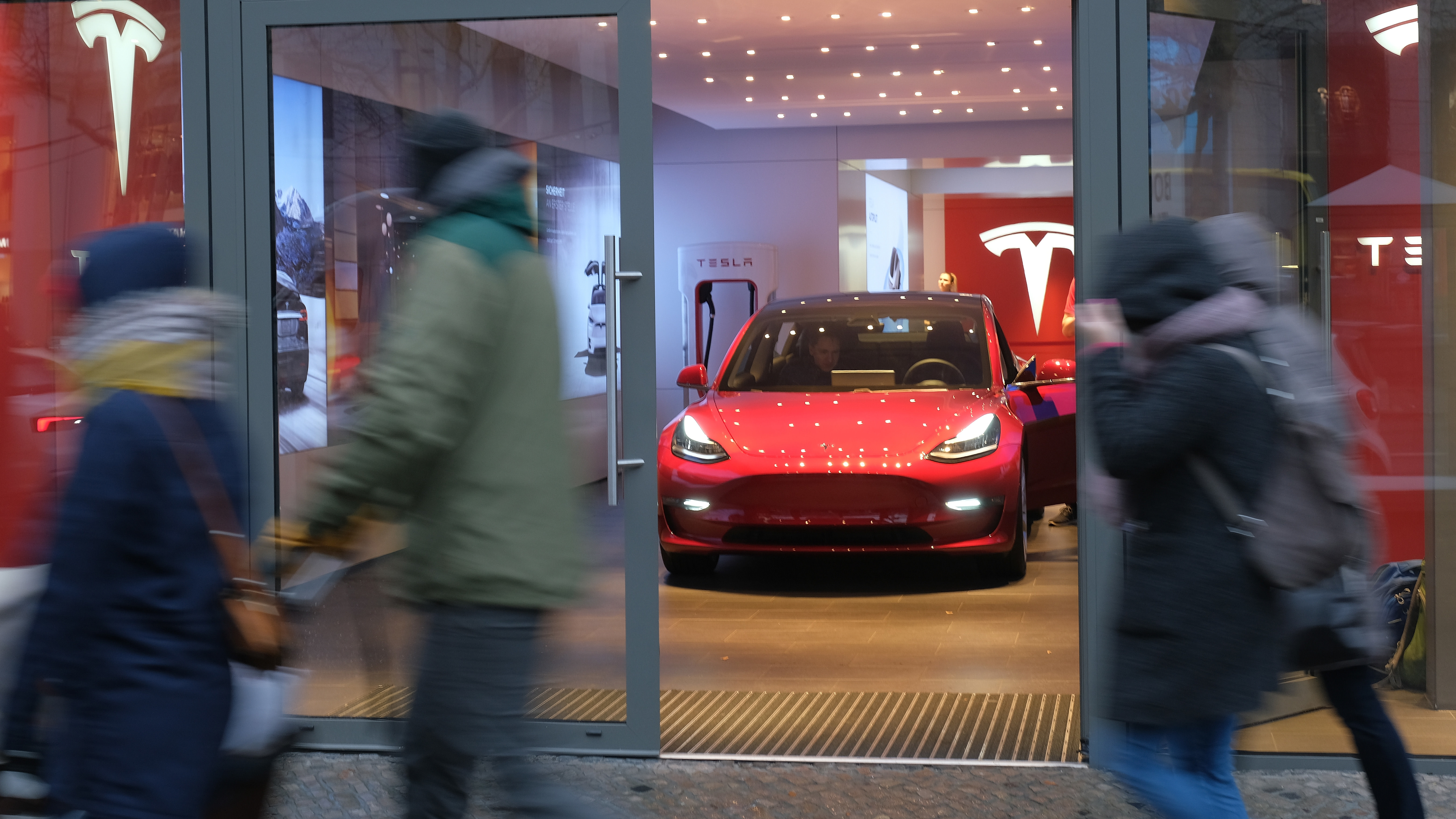Tesla Has To Stop Misleading Germans With 'Autopilot': Court
Tesla's Autopilot is not a fully autonomous system, even the part called "Full Self-Driving Capability." Which is confusing only for those of us who expect words to mean things, a group that includes a court in Germany.
A ruling handed down Tuesday from the Munich Regional Court means that Tesla is now banned from using the phrases "full potential for autonomous driving" and "Autopilot inclusive" in ads there, because the court said it is misleading. The ruling came after an industry group had sued arguing as much.
Tesla can appeal the decision, and did not immediately respond to a request for comment Tuesday, but I would suggest sitting this one out.
Via Bloomberg:
The judges also said Tesla wrongly promoted that its cars would be able to self-navigate in cities by the end of 2019.
"Using the term 'Autopilot' and other phrases suggest the cars were technically able to drive completely autonomously," the court said in an emailed statement. "Additionally, it is claimed that would be legal in Germany, which isn't the case."
A lawyer for the industry group that sued had this to say, via CNBC:
"A legal framework for autonomous inner-city driving doesn't even exist yet in Germany," Andreas Ottofuelling, a lawyer for the group, said in a press statement. "And other functions aren't working yet as advertised."
While Tesla CEO Elon Musk tweeted his displeasure:
Tesla Autopilot was literally named after the term used in aviation. Also, what about Autobahn!?
— Elon Musk (@elonmusk) July 14, 2020
Actual pilots who use autopilot in airplanes will tell you it isn't really comparable, since pilots get so much more training than drivers do, but I digress.
And while the court's ruling is a victory for common sense, the debate over Autopilot that's been raging for years now has always felt like a half-hearted one, from Tesla's point of view at least. That's because its website has always made clear the capabilities plainly enough just before you check a box to plunk down $8,000 for "Full Self-Driving Capability."
The currently enabled features require active driver supervision and do not make the vehicle autonomous.
